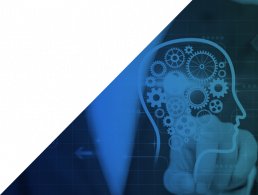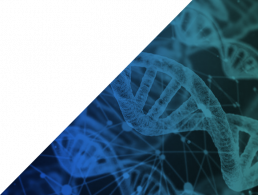AI & Machine Learning
The large and constantly growing amount of clinical and healthcare data available requires the use of artificial intelligence and machine learning techniques to harness this enormous potential for improving patient care and clinical research.
The software technologies provided by DataRiver in the field of artificial intelligence provide an important support for healthcare professionals to perform multidimensional patient monitoring, provide a correct understanding of clinical manifestations and plan personalised care paths for the patient.
Artificial intelligence technologies also enable fundamental innovations in the field of clinical research by making it possible to improve the design and execution of clinical trials on drugs and medical devices, including the development of new patient-centred endpoints
WHO IS IT FOR?
Pharmaceutical Sector, Biomedical Sector, Indipendent Clinical Research
The analysis of Real World Data (RWD) using Artificial Intelligence algorithms enables medical management, medical marketing and regulatory affairs at pharmaceutical and biomedical companies to streamline the design and execution of clinical trials by capturing and interpreting early results much faster, increasing patient safety and reducing trial development costs.
These technologies also allow hospital and clinical managers to gather new patient information to support diagnostic/therapeutic decisions, refine care, support a proper understanding of clinical manifestations and plan personalised care pathways and prevention programmes.
Supporting understanding of clinical manifestations
DataRiver can offer its software technologies and its expertise for data processing through Machine Learning and Artificial Intelligence (AI) algorithms to achieve multidimensional patient monitoring, support a correct understanding of clinical manifestations and define the the most appropriate interaction modes and timing for patients.
Planning Personalised Care Pathways
The large amount and variety of data collected from patients processed by artificial intelligence (AI) algorithms make it possible to identify different disease phenotypes and optimise prevention, diagnosis, prognosis and treatment of each patient. Artificial intelligence provides a new level of understanding of the mechanisms of the disease in its early stages, while also identifying subgroups of patients who are more likely to respond positively to treatment
Diagnosis Support
The use of AI algorithms makes it possible to improve the accuracy of processing the diagnosis and to reduce the time taken to detect the pathology, thereby allowing intervention at an early stage of the disease.
RELATED CASES
Case Studies
RELATED TOOLS
The tools




